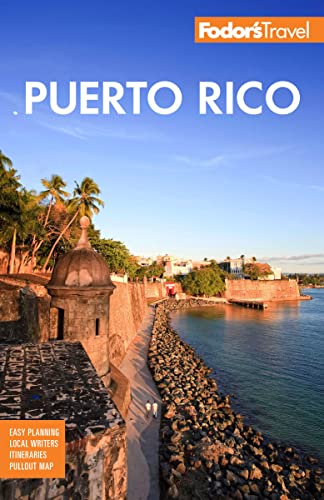Health and Safety
The most common types of illness are caused by contaminated food and water. Make sure food has been thoroughly cooked and is served to you fresh and hot; avoid vegetables and fruits that you haven't washed (in bottled or purified water) or peeled yourself. If you have problems, mild cases of traveler's diarrhea may respond to Imodium (known generically as loperamide) or Pepto-Bismol. Be sure to drink plenty of fluids; if you can't keep fluids down, seek medical help immediately.
Infectious diseases can be airborne or passed via mosquitoes and ticks and through direct or indirect physical contact with animals or people. Some, including Norwalk-like viruses that affect your digestive tract, can be passed along through contaminated food. Condoms can help prevent most sexually transmitted diseases, but they aren't absolutely reliable, and their quality varies from country to country. Speak with your physician and/or check the Centers for Disease Control and Prevention (CDC) or World Health Organization (WHO) websites for health alerts, particularly if you're pregnant, traveling with children, or have a chronic illness.
Specific Health Issues in Puerto Rico
Dengue fever, a mosquito-borne disease, is a reality in the Caribbean. Puerto Rico has experienced several recent epidemics, most recently in 2010 and 2012. Virulent forms of the virus can cause high fever, joint pain, nausea, rashes, and occasionally death, but the most common strain is relatively mild, causing mostly flu-like symptoms. Most cases were reported in urban areas far from the usual tourist destinations.
In 2015, the island also reported its first cases of another mosquito-borne virus, Zika, which poses serious risks to pregnant women and children in particular. The CDC issued travel warnings for Puerto Rico and other countries where Zika has been reported, but those warnings have since expired (and the number of new cases is down dramatically); check the CDC website for current warnings.
To prevent against mosquito-borne diseases, the U.S. Centers for Disease Control and Prevention (CDC) advises the use of an insect repellent with DEET and clothing that covers the arms and legs. While it's especially important to do this at dusk, when mosquitoes are most active, some mosquitoes are also active during daytime hours.
Health care in Puerto Rico is among the best in the Caribbean, but expect long waits and often a less-than-pleasant bedside manner. If you require treatment, it is likely you will be charged in cash, even if you have active health insurance. Be sure to obtain a receipt for services that you can submit to your insurer. At all hospitals and medical centers you can find English-speaking medical staff, and many large hotels have an English-speaking doctor on call.
Tap water on the island is generally fine for drinking, but avoid drinking it after storms (when the water supply can become mixed with sewage). Thoroughly wash or peel produce you buy in markets before eating it.
Do not fly within 24 hours of scuba diving.
Over-the-Counter Remedies
All the U.S. brands of sunscreen and over-the-counter medicines (for example, Tylenol, Advil, Robitussin, and NyQuil) are available in pharmacies, supermarkets, and convenience stores.
Safety
San Juan, Mayagüez, and Ponce, like most other big cities, have their share of crime, so guard your wallet or purse in markets, on buses, and in other crowded areas. Avoid beaches at night, when muggings have been known to occur, even in Condado and Isla Verde. Don't leave anything unattended on the beach. If you must keep valuables in your vehicle, put them in the trunk. Always lock your car. The exception is at the beaches of Vieques, where rental-car agencies advise you to leave the car unlocked so thieves don't break the windows to search for valuables. (This happens extremely rarely, but it does happen.)
We recommend that women carry only a handbag that closes completely and wear it bandolier-style (over one shoulder and across your chest). Open-style bags and those allowed to dangle from one shoulder are prime targets for pickpockets and purse snatchers. Avoid walking anywhere alone at night.




